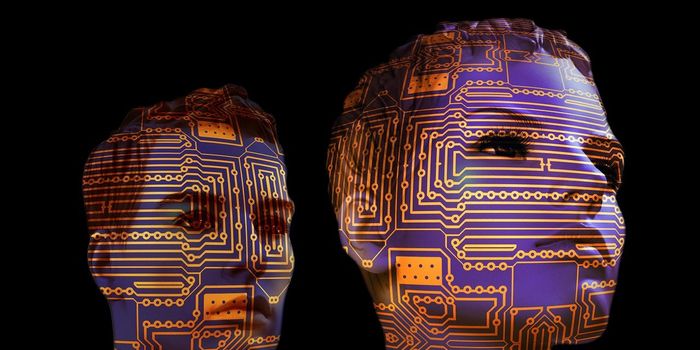Researchers ID Neurons That Hardwire a "Winning Mindset" & Social Rank
Maybe you see yourself as an ambitious person, or games bring out the competitor in you. Some people might feel more comfortable hanging back and letting others take what they want more confidently. Researchers have sought to understand how neurons influence the behaviors that establish a social hierarchy, which is found not only in humans but in many animals.
Scientists know that in animals, an area of the brain called the medial prefrontal cortex (mPFC) is involved in social ranking. When changes occur in that part of the brain in mice, their dominance behaviors change. Investigators have now gained new insights into how neurons in the mPFC promote certain behaviors and encode social rank. The work has been reported in Nature.
In this study, researchers used a mouse model of competitive behaviors. Four animals were housed together, enabling a hierarchy to emerge naturally over time. Pairs of mice were then tested in a kind of round-robin-style tournament to see which one would capture a food reward.
The scientists analyzed the mice with new techniques that tracked movement and brain activity wirelessly, so the mice were free to move around. This revealed that patterns of brain activity were influenced by the animal's social rank. By focusing on mPFC neuron activity, the researchers were able to make accurate predictions about which mice would win the food. The winner was not always the socially dominant animal, but instead was the one with a "winning mindset."
In the mPFC, neurons involved in social rank were adjacent to those related to the winning mindset or competitive success. Those neurons were also interconnected; social rank signals seem to influence competitive behaviors, such that a subordinate mouse might become less likely to win when confronted with the most dominant, or alpha mouse.
“Most social species organize themselves into hierarchies that guide each individual’s behavior,” says senior study author and Howard Hughes Medical Institute Investigator Kay Tye, a professor at the Salk Institute. “Understanding how the brain mediates this may help us understand the interplay between social rank, isolation, and psychiatric diseases, such as depression, anxiety, or even substance abuse.”
Animals did not establish rank when a competition started; "it turns out that animals are walking around with this representation of social rank in their brain all the time," noted co-first study author Nancy Padilla-Coreano, PhD, now an assistant professor at the University of Florida.
Though social rank was still evident when animals were by themselves, and not engaged in competition, brain activity was also found to change based on whether mice obtained rewards alone, or when they competed for them.
“This is all further evidence to suggest that we are in different brain states when we are with others compared to when we’re alone,” noted Tye. “Regardless of who you’re with, if you’re aware of other people around you, your brain is using different neurons.”
Sources: Salk Institute, Nature









